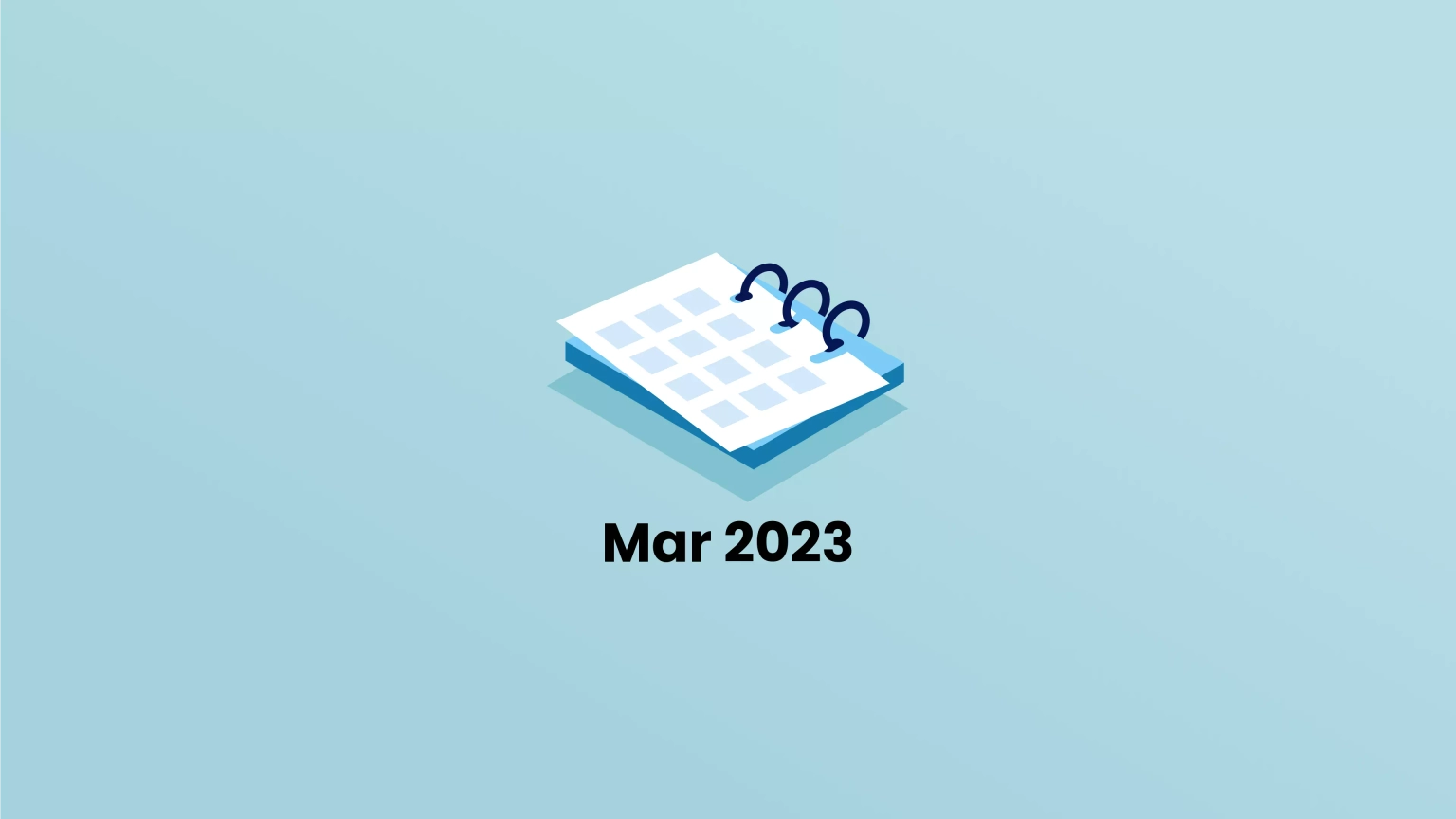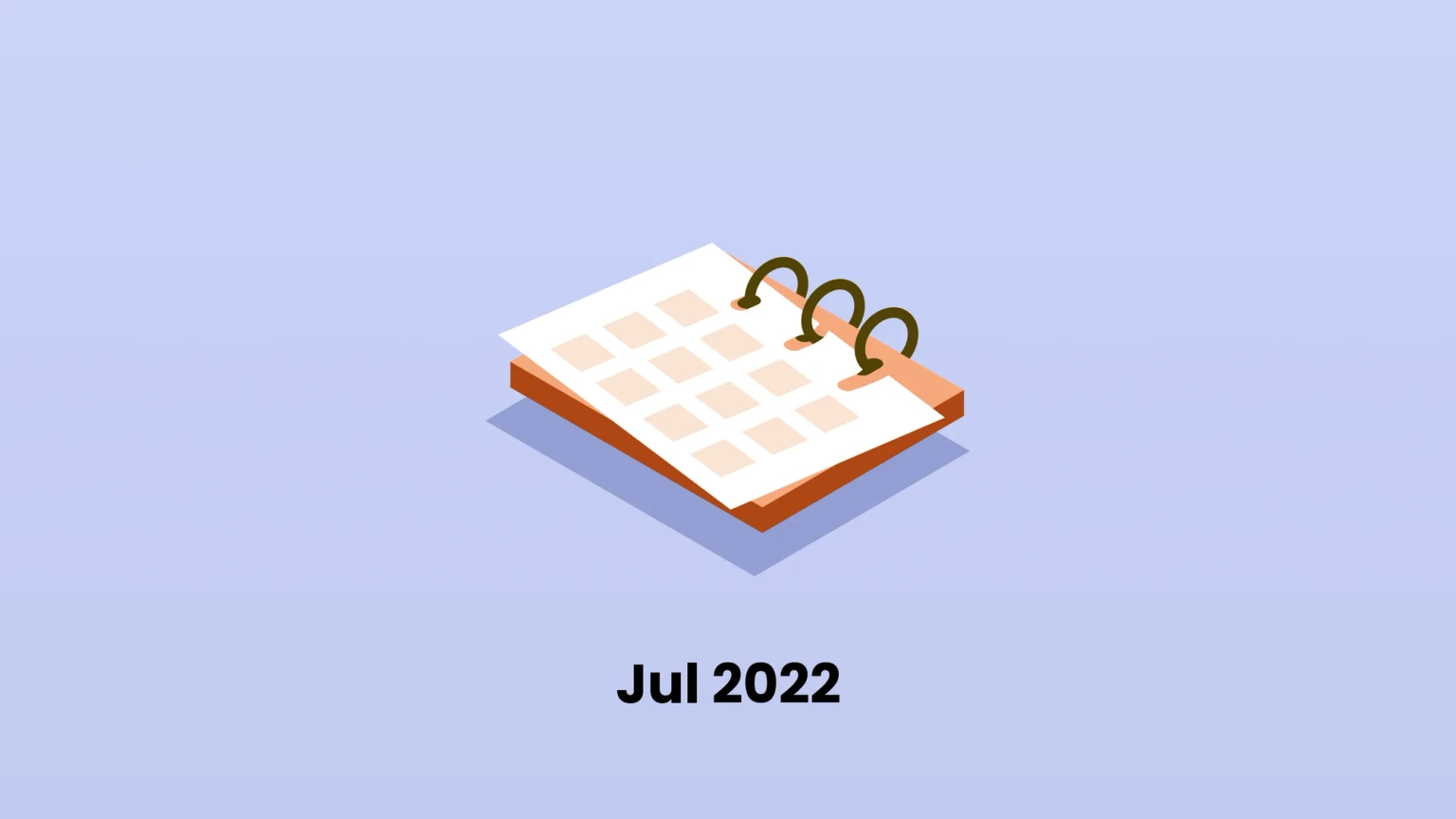
Monthly Report (Mar-2023)
Neptune Mutual DeFi Insurance Parametric Cover Marketplace Monthly Review - March 2023
Youtube Video
Playing the video that you've selected below in an iframe

AMA with Polygon DAO, The first season of NPM rising star has come to an end, and many more.
Polygon DAO hosted a Twitter Space session where a number of new projects, including Neptune Mutual, were introduced to the Polygon community.
Our co-founder, Gillian Wu, introduced our project and provided both a brief overview of dedicated parametric cover pools, including the advantages of stablecoin based cover pools and cover policy payouts, as well as a brief update on our latest developments, including Diversified Cover Pools and more.
You can listen to Gillian talking about Neptune Mutual here (from minute 43 onwards).
We would like to thank everyone who took part in this season's monthly contests of NPM Rising Stars. We truly appreciate the time and effort everyone put into their involvement within the Neptunite community. While we could only choose a handful of winners this season, we want to extend our sincere appreciation to everyone who took the time to enter. We hope you will all continue to participate in future contests and bounty programs.
Members of our community who have made significant contributions to our discussion forums at selected Discord channels and helped to direct the course of our community's growth are recognized as Rising Stars.
The first round began last April, and the second round started immediately after the winners for the first month were announced. Winners for the second month were announced last June. The final round of the trimester session concluded on July 21, and the winners were subsequently announced.
BlockSec, an industry leader in dApp ecosystem security, crypto-hack monitoring, blocking, and smart contract audits, has completed our protocol's first security audit. The audit was completed with only a few issues raised by the audit team, which were quickly addressed by Neptune Mutual's development team. We will soon release the final report written by the team tasked with reviewing the project's code.
Our code base is open source, and the history of "commits" to our protocol, SDK, native website, and test net repositories on Github can be viewed.
We are growing our team, and have been looking out to recruit passionate individuals and amazing talents for the following positions: Senior React Developer and Technical Project Manager. If you are interested in either of these roles we’d love to hear from you, you can apply here.
In our blog post , we go into How You Can Earn Rewards by Reporting Incidents in depth about the workings of the incident reporting process and how Neptunite community members can benefit from reporting events or voting on incidents. We refer to a hack or exploit event as an “incident” when it has been reported by a Neptunite community member (NPM token holder) who believes that it has triggered the parameters of a cover pool policy in the Neptune Mutual marketplace.
The ability to source liquidity is one of the principal factors defining a cover protocol’s ability to scale the amount of protection it is able to offer. In order to provide an optimal solution for certain specific types of project we have added a new class of parametric cover to our protocol called diversified cover pools. This is a very important development as we believe it will open the door to a number of different types of institutional investor and asset manager, as well provide cover policy solutions to a wider group of users. Learn more about Diversified Cover Pools in this blog post.
Many times, liquidity providers express their dissatisfaction with lock-ins and the inability to exit insurance protocols, especially when this occurs unexpectedly in what we refer to as an “opaque pool”. In the blog Understanding Underwriting Capital we highlight some of the questions you should ask as a liquidity provider to avoid falling into such traps.